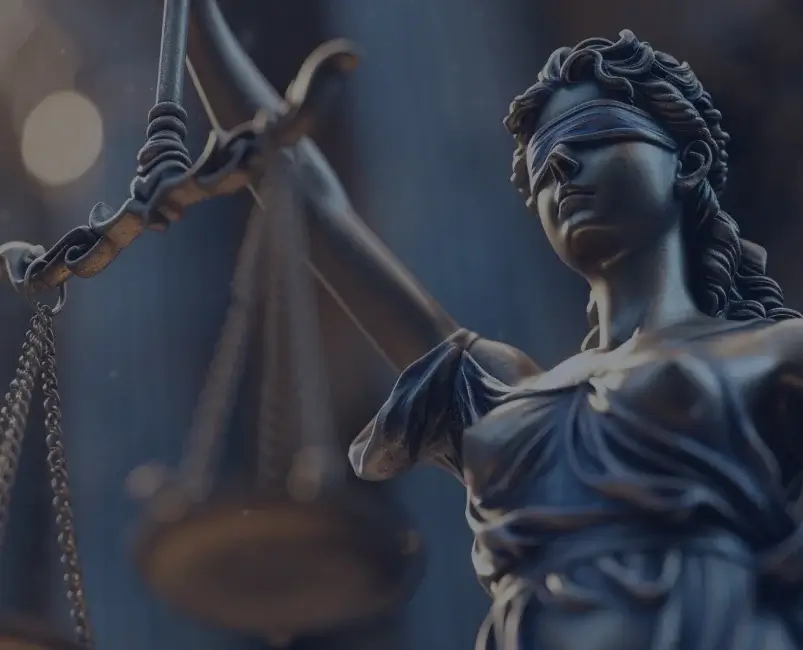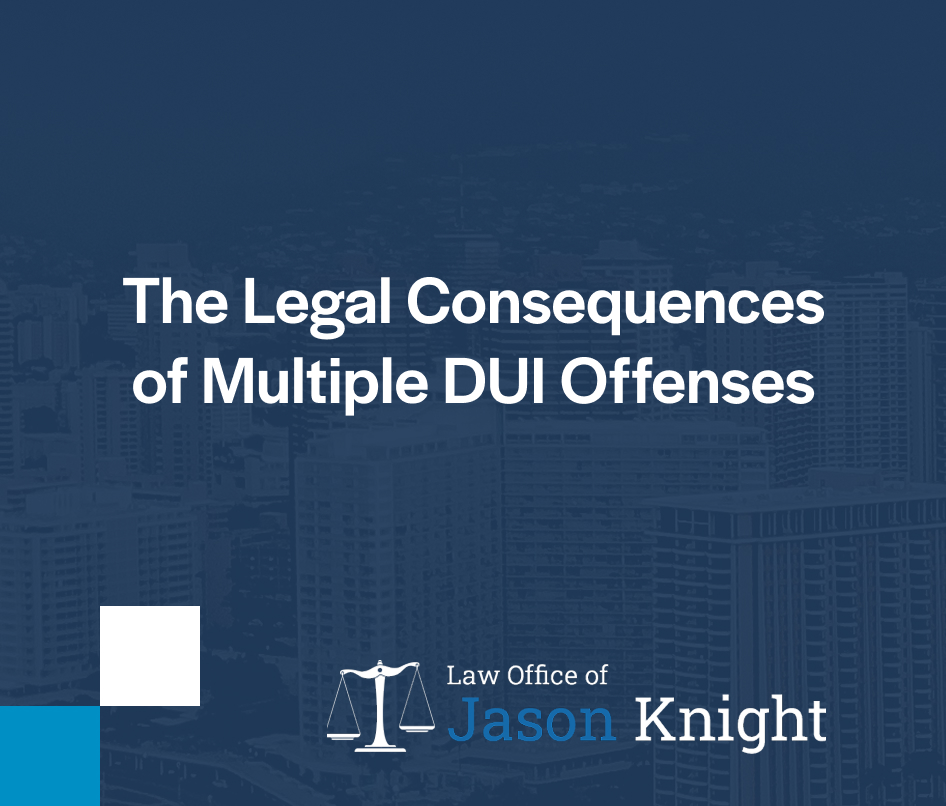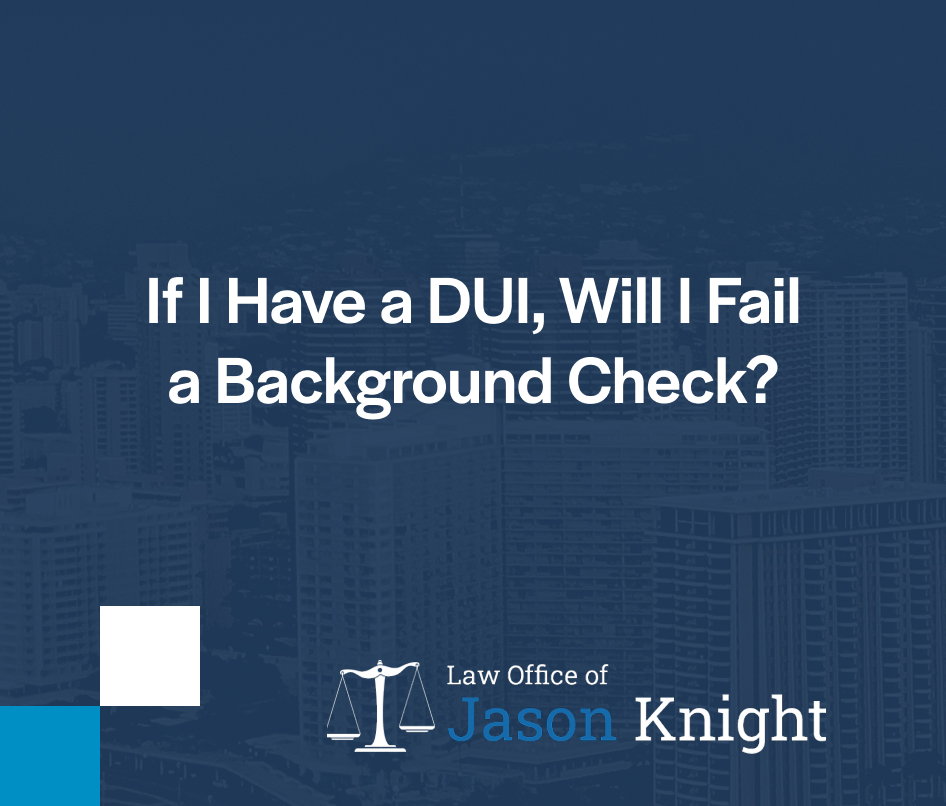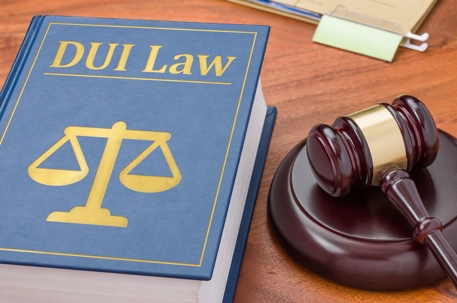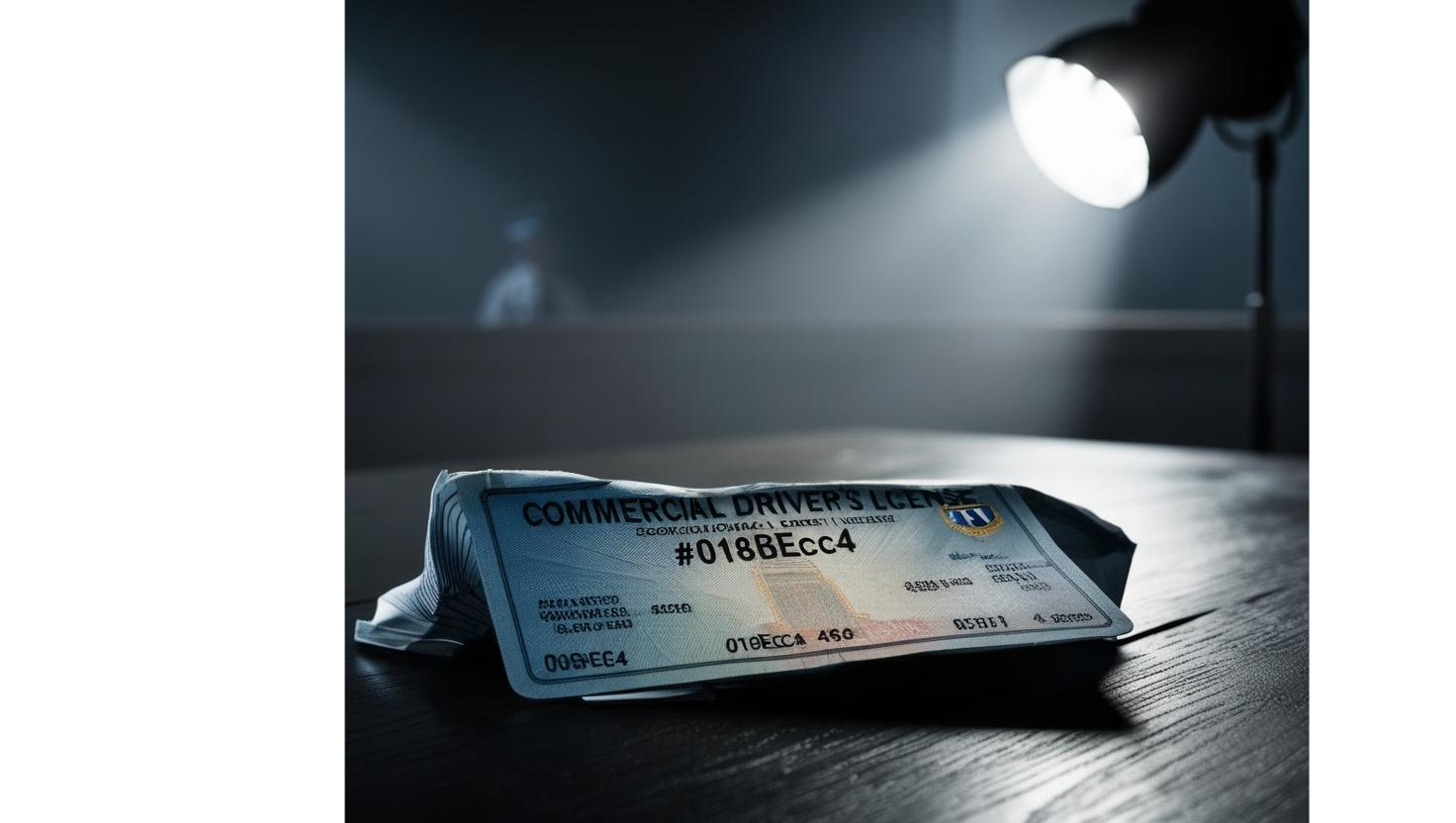Facing a DUI charge under Rhode Island law can be intimidating due to the unique local regulations and penalties. If you or a loved one has been arrested for a DUI in Rhode Island, you may be wondering: How long do DUI cases take? Understanding the timeline and steps involved can help alleviate some of the uncertainty and allow you to take control of your future.
This article provides an overview of the DUI case process in Rhode Island, including how long the process may take and what you can expect at each stage.
Rhode Island DUI Arrests: What Happens First?
DUI arrests are a significant issue in Rhode Island, with law enforcement agencies making approximately 3,000 arrests each year. Notably, nearly 70% of those arrested refuse to submit to chemical testing, which can lead to additional penalties. Among those who do comply, the average blood alcohol concentration (BAC) is about 0.17%, more than twice the legal limit. These statistics highlight the prevalence and seriousness of DUI offenses in the state and the importance of understanding the legal process to protect your rights.
The DUI case process begins with an arrest. In Rhode Island, DUI arrests can happen based on observed impairment, such as erratic driving or slurred speech, or if a chemical test confirms a blood alcohol concentration (BAC) over 0.08%.
After the Arrest: Booking and Arraignment
Once arrested, you will be taken to the police station for booking. This involves:
- Recording your personal information,
- Taking your fingerprints and photograph, and
- Completing administrative procedures.
Within a few days, you will appear in court for an arraignment. At this hearing, the judge will formally present the charges against you, and you will enter a plea of guilty, not guilty, or no contest. If you plead not guilty, the case will proceed to the pretrial stage.
Pretrial Stage: Preparing for Your Defense
The pretrial phase is critical for building your defense. Your attorney will investigate the details of your case, including:
- Reviewing evidence, such as police reports and breathalyzer results;
- Identifying procedural errors, such as improper field sobriety tests; and
- Exploring potential defenses, like challenging the legality of the traffic stop, the officer’s observations, or the accuracy of testing.
This phase may include multiple court appearances and negotiations with the prosecution. It typically lasts several weeks to a few months, depending on the complexity of your case and the court’s schedule.
How Long Does a DUI Take to Process in Rhode Island?
We are often asked, How long do DUI cases take? How long a DUI takes to process depends on several intertwined factors. Cases with contested evidence or the need for expert testimony generally take longer, as additional hearings and preparation are necessary. The availability of evidence and cooperation of witnesses also play crucial roles in determining the pace of proceedings. Court schedules, which can vary significantly due to backlogs or administrative delays, further affect how quickly a case moves forward. Lastly, whether the case is resolved through a negotiated plea or proceeds to trial greatly influences its duration. On average, a DUI case in Rhode Island may take anywhere from three months to over a year, depending on the specific circumstances.
Resolving the Case: Plea Bargain or Trial
Many DUI cases in Rhode Island are resolved through plea bargains, where the defendant agrees to plead guilty in exchange for reduced penalties. Plea agreements can save time and avoid the uncertainty of a trial.
If no agreement is reached, the case will proceed to trial. At trial, the prosecution must prove beyond a reasonable doubt that you were driving under the influence. Trials can extend the timeline of a case but may be necessary to achieve a favorable outcome in some situations.
Potential Penalties
Upon conviction of a DUI in Rhode Island, courts impose penalties that often include:
- Fines,
- License suspension,
- Community service,
- Mandatory alcohol education programs, or
- Jail time.
Let’s take a closer look at some specific potential consequences.
Jail Time and Fines in Rhode Island
For a first-time DUI offense, penalties may include up to one year in jail, fines ranging from $100 to $500, and a license suspension of up to 12 months. If your BAC was particularly high (over 0.15%), you may face harsher penalties, including mandatory participation in an alcohol treatment program.
Second offenses are more severe, with potential jail time of up to one year, fines between $400 and $1,000, and a license suspension of one to two years. Additionally, you may be required to install an ignition interlock device in your vehicle.
For third or subsequent offenses, DUI is considered a felony in Rhode Island. Penalties include up to five years in prison, fines ranging from $1,000 to $5,000, and a license suspension of two to three years. Mandatory alcohol treatment and community service are often included as well.
Alternative Sentencing Options
In some cases, Rhode Island courts may offer alternative sentencing options, such as:
- Probation. Instead of jail time, the judge may place you under supervised probation. Probation often includes regular check-ins and compliance with court-ordered conditions.
- Community service. The judge may include community service hours as part of your probationary conditions. The judge can order probation and its accompanying conditions in lieu of jail time.
- Rehabilitation Programs. Participation in an alcohol education or rehabilitation program can sometimes reduce penalties and demonstrate a commitment to addressing the issue.
These options depend on the specifics of your case and require negotiation by an experienced attorney.
Upon conviction of a DUI in Rhode Island, courts impose penalties that often include:
- Fines,
- License suspension,
- Community service,
- Mandatory alcohol education programs, or
- Jail time.
The specific penalties depend on factors such as your BAC level, prior DUI convictions, and whether the offense involved an accident or injury.
Navigating the DUI case process in Rhode Island can be overwhelming. An experienced DUI attorney can help by:
- Explaining your rights and options,
- Identifying weaknesses in the prosecution’s case,
- Negotiating with the prosecutor for reduced charges or penalties, and
- Representing you effectively in court.
At the Law Office of Jason Knight, we understand the stress that comes with facing criminal charges. With over 15 years of experience serving Rhode Island and Southeastern Massachusetts, we are here to help you take control of your future.
Take Control of Your Future Today
If you have been charged with a DUI in Rhode Island, do not wait to seek legal advice. The sooner you consult an attorney, the better your chances of achieving a favorable outcome.
Schedule a consultation with the Law Office of Jason Knight to receive guidance tailored to your case. Reach out to learn how our experience can protect your future. We can guide you through the DUI case process and work tirelessly to protect your rights and future.


